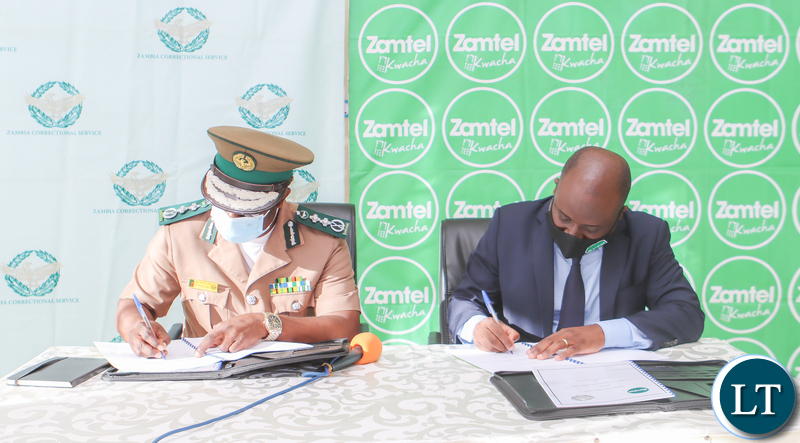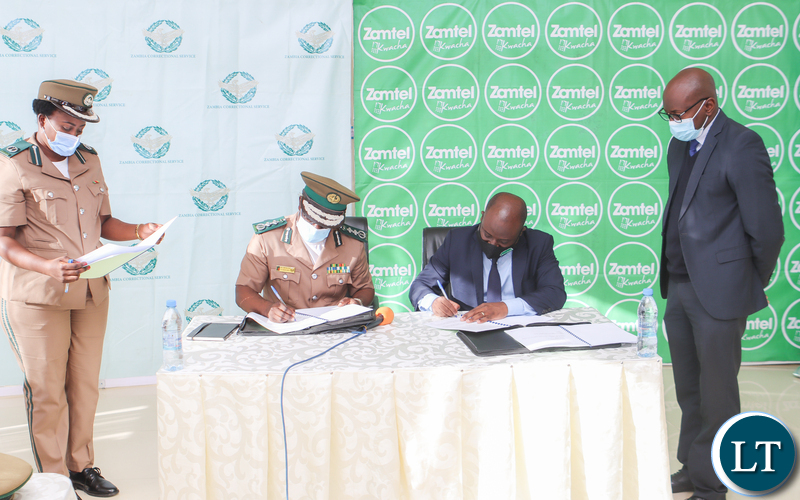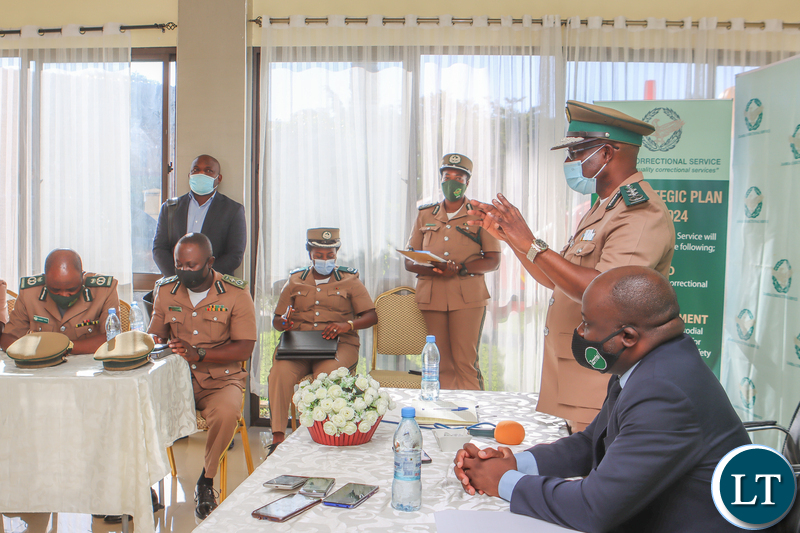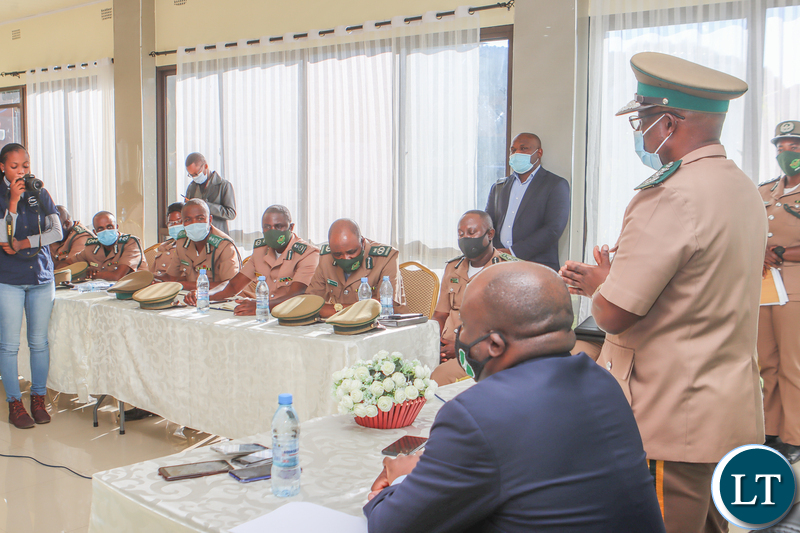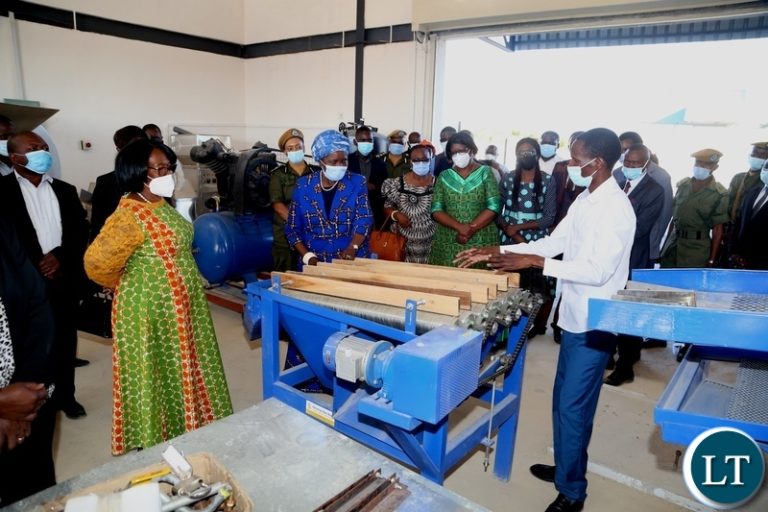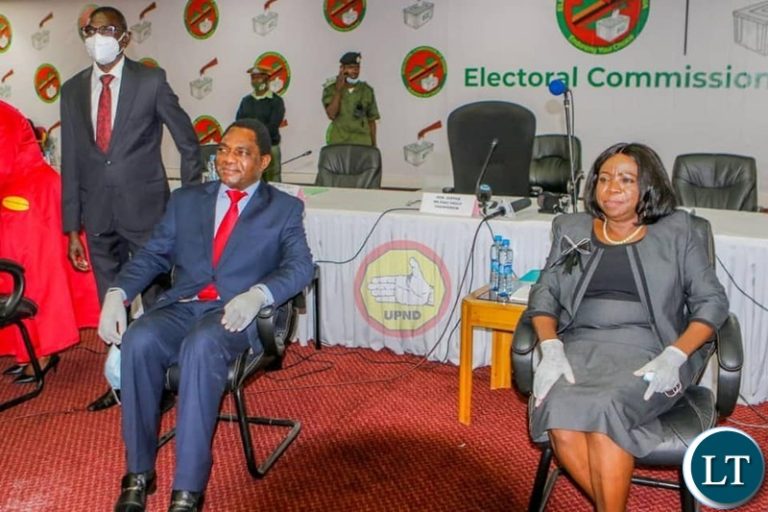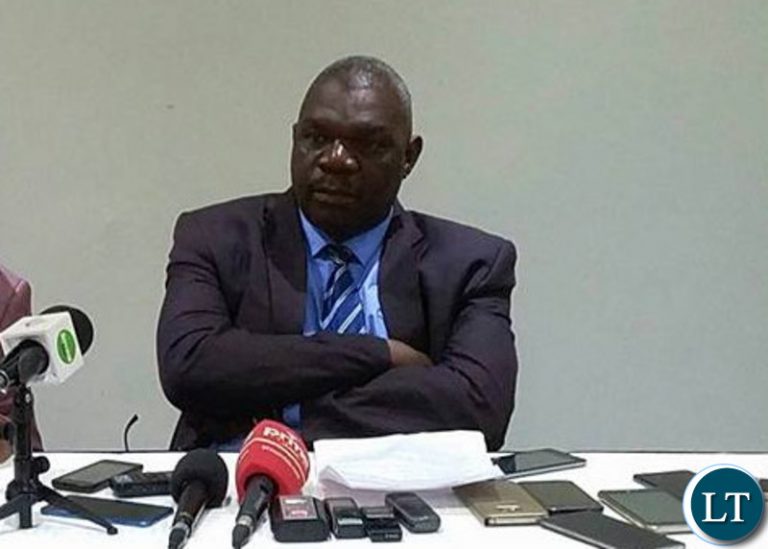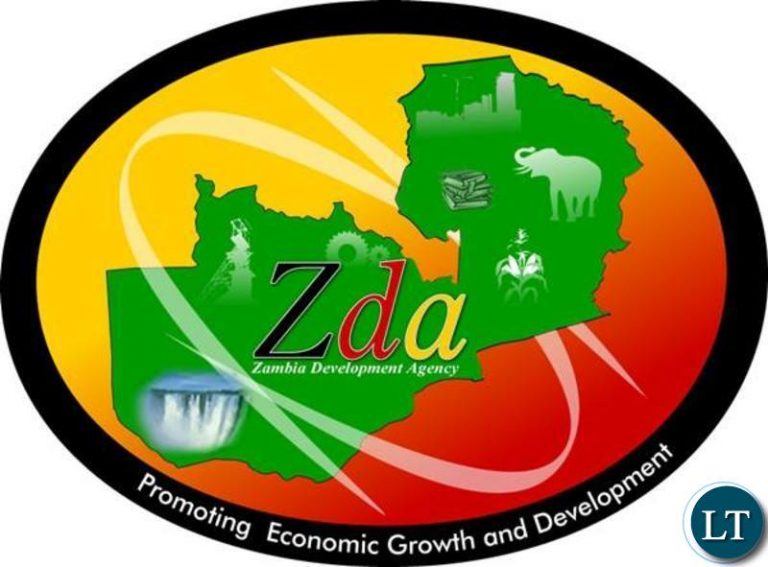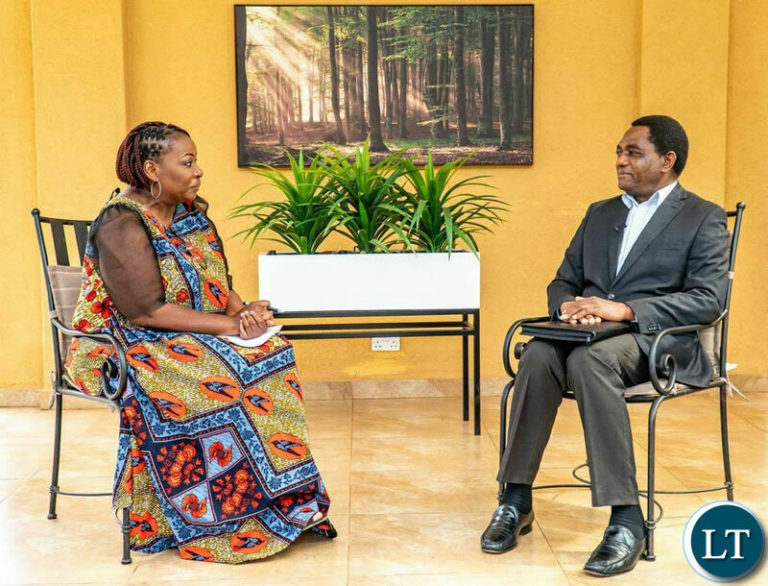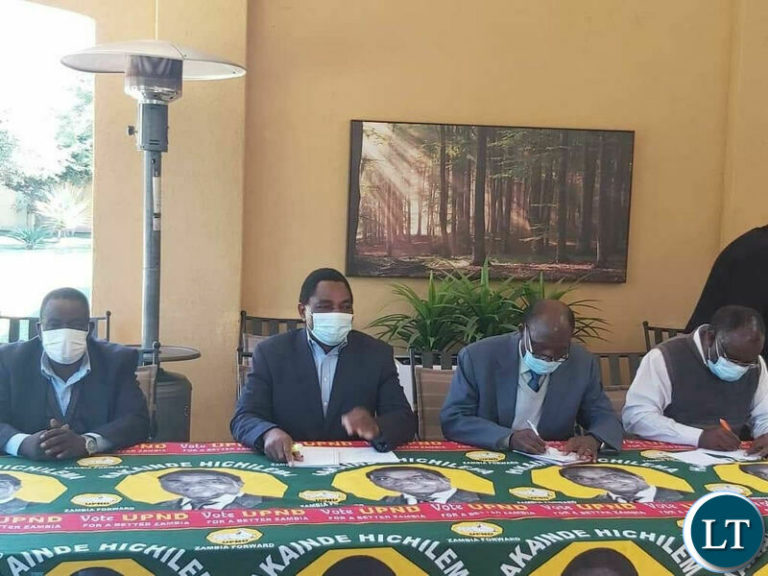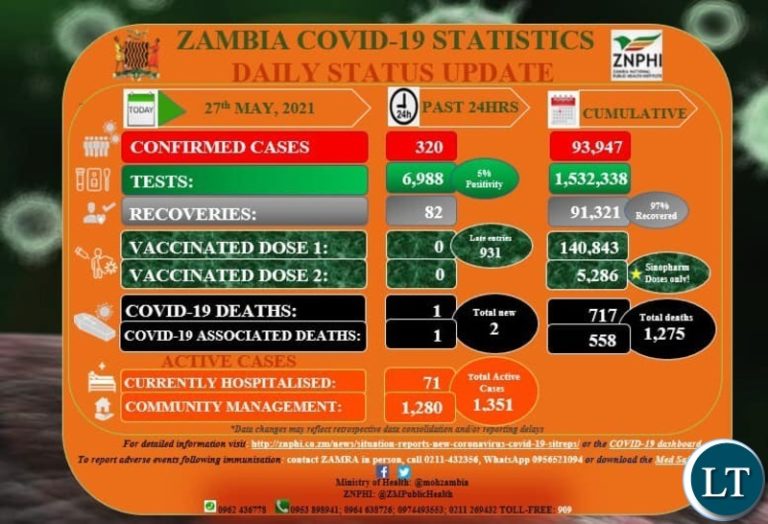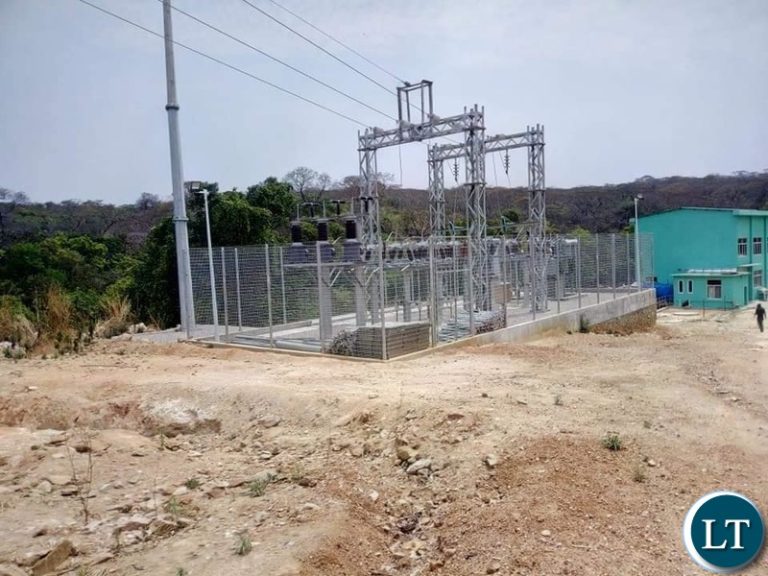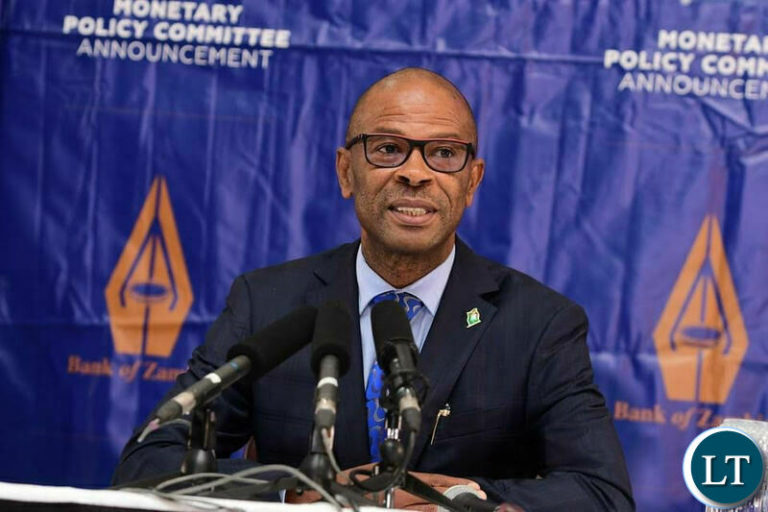Zamtel has signed a Memorandum of Understanding with the Zambia Correctional Service for the provision of digital services to the Service.
Under the agreement, Zamtel will provide a fleet Management System for the purpose of monitoring and managing the fleet, an Inventory Management System and an E-Learning Platform for inmates to access learning materials and services.
Zamtel Chief Executive Officer Sydney Mupeta said the company will in addition deploy an inmate booking and tracking system, and Closed User Group for Correctional Staff.
Speaking during the signing ceremony in Kabwe yesterday, Mr Mupeta explained that other services to be provided under the MoU include internet connectivity at all correctional facilities.
He said the MoU demonstrates Zamtel`s capability to deliver digital solutions in line with its vision of becoming a dominant digital solutions provider.
“We know that access to E-learning services for inmates will contribute to the rehabilitation and reintegration process in the Correctional Service so as to reduce reoffending. This will assist the Correctional Service to enhance its contribution to national development,” Mr Mupeta said.
He added, “These initiatives by the Zambia Correctional Service will undoubtedly go a long way in helping decongest our correctional facilities. We stand here with a great sense of pride to announce this milestone agreement which demonstrates the beginning of a long-term partnership between Zamtel and ZCS.”
Mr Mupeta said the signing of this MoU between Zamtel and ZCS also demonstrates Zamtel`s capability to deliver digital solutions in line with our vision of becoming a dominant digital solutions provider that will power the 4th Industrial revolution in Zambia and beyond.
“As the World prepares for the 4th Industrial Revolution, it has become imperative that organizations across the globe, including here in Zambia, take deliberate steps towards digitization. We firmly believe that only organisations that will prepare for a digital future will survive the storm that is fast approaching.”
He added, “I am therefore calling upon other institutions to tap into Zamtel’s ability to provide digital solutions for their different areas of need. We are confident that this partnership will demonstrate how digital transformation can improve efficiencies and deliver desired results.”
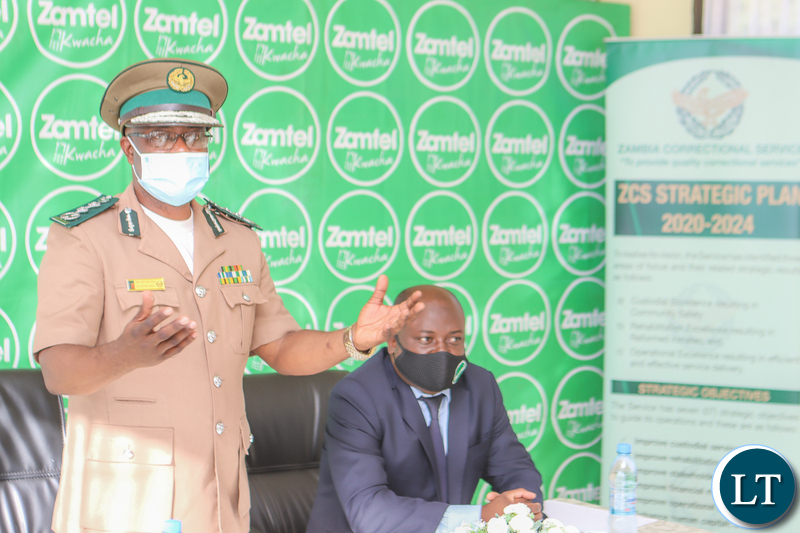
And Zambia Correctional Service Commissioner General Dr Chisela Chileshe said the digital services will help the Commission to achieve the objectives outlined in its strategic plan.
Dr Chileshe said the digital services will further enable the Commission to track inmates to avoid them escaping from correctional facilities and reoffending.
“We are gratified that partners like Zamtel are coming on board to offer digital solutions to improve our operations. The days of counting inmates on their backs one by one should come to an end. We need these digital solutions to effectively monitor the movements of inmates and fleet,” Dr Chileshe said.
Dr Chileshe warned that officers from the Correctional Service who would like to lag behind and fail to embrace digitalization would have themselves to blame.
